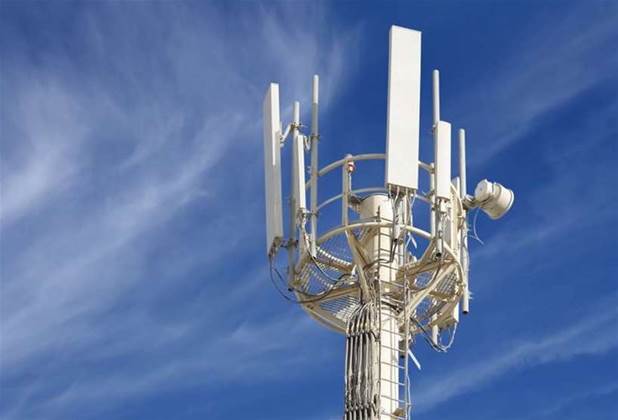Uniti Group has urged the government to expand the application of the broadband tax to high-speed cellular broadband networks, partially in the hope of offsetting the size of its own contribution to the scheme.

CEO Michael Simmons told an FY20 earnings call that Uniti - a provider of both fixed wireless and fibre services, particularly to new housing estates - was yet to decide how it would deal with the new levy.
The regional broadband scheme (RBS) levy, colloquially known as the broadband tax, imposes a $7.10 per user per month fee on non-NBN operated fixed-line services capable of speeds above 25Mbps.
The money collected, though small, is expected to go towards future upgrades to NBN Co’s satellite and fixed wireless infrastructure.
“We are currently evaluating the extent to which we will pass on the RBS levy but we believe there are other means by which we can also mitigate the impact of that levy,” Simmons said.
Simmons suggested Uniti had some margin to raise its prices, though appetite for higher-speed internet plans generally post-COVID could raise average revenue per user (ARPU) and offset some of the levy’s impact.
“Our private fibre offer is less costly than NBN today,” Simmons said.
“We do not have the high costs of PoI [point of interconnect] backhaul that NBN Co imposes upon retail service providers of the NBN network.”
However, Simmons also pushed for the government to revisit the application of the RBS only to fixed-line services.
The government has long maintained that non-NBN high-speed wireless services, such as cellular, can’t be considered replacements for fixed-line services, mainly due to the amount of quota they come with.
But Simmons said wireless and cellular operators increasingly marketed themselves and their services as NBN-like, suggesting the government’s treatment of these operators should be revisited.
“We do believe the RBS should extend to wireless broadband networks capable of greater than 25 megabits per second,” Simmons said.
“These operators are very vocal in the market today that they will compete directly with NBN, and do see their services as a substitute for fixed line broadband services.
“We believe this will compel the government to implement the RBS levy across cellular broadband networks in the future and we're hopeful this will reduce [the] overall RBS levy.”
Simmons indicated that Uniti itself would start offering cellular wireless broadband services “at the beginning of FY21”, though this would be resold from an unnamed operator.
Simmons was also cautious of the impact that an ongoing restructure of the federal telecommunications in new developments (TIND) policy could have on Uniti’s business.
NBN Co has been pushing for changes to TIND, finding it harder to compete against private operators like Uniti, which also deploy fibre networks in new housing estates.



_(20).jpg&h=140&w=231&c=1&s=0)
_(28).jpg&h=140&w=231&c=1&s=0)






 iTnews Benchmark Awards 2026
iTnews Benchmark Awards 2026
 iTnews Executive Retreat - Security Leaders Edition
iTnews Executive Retreat - Security Leaders Edition
 iTnews Cloud Covered Breakfast Summit
iTnews Cloud Covered Breakfast Summit
 The 2026 iAwards
The 2026 iAwards












_(1).jpg&h=140&w=231&c=1&s=0)



